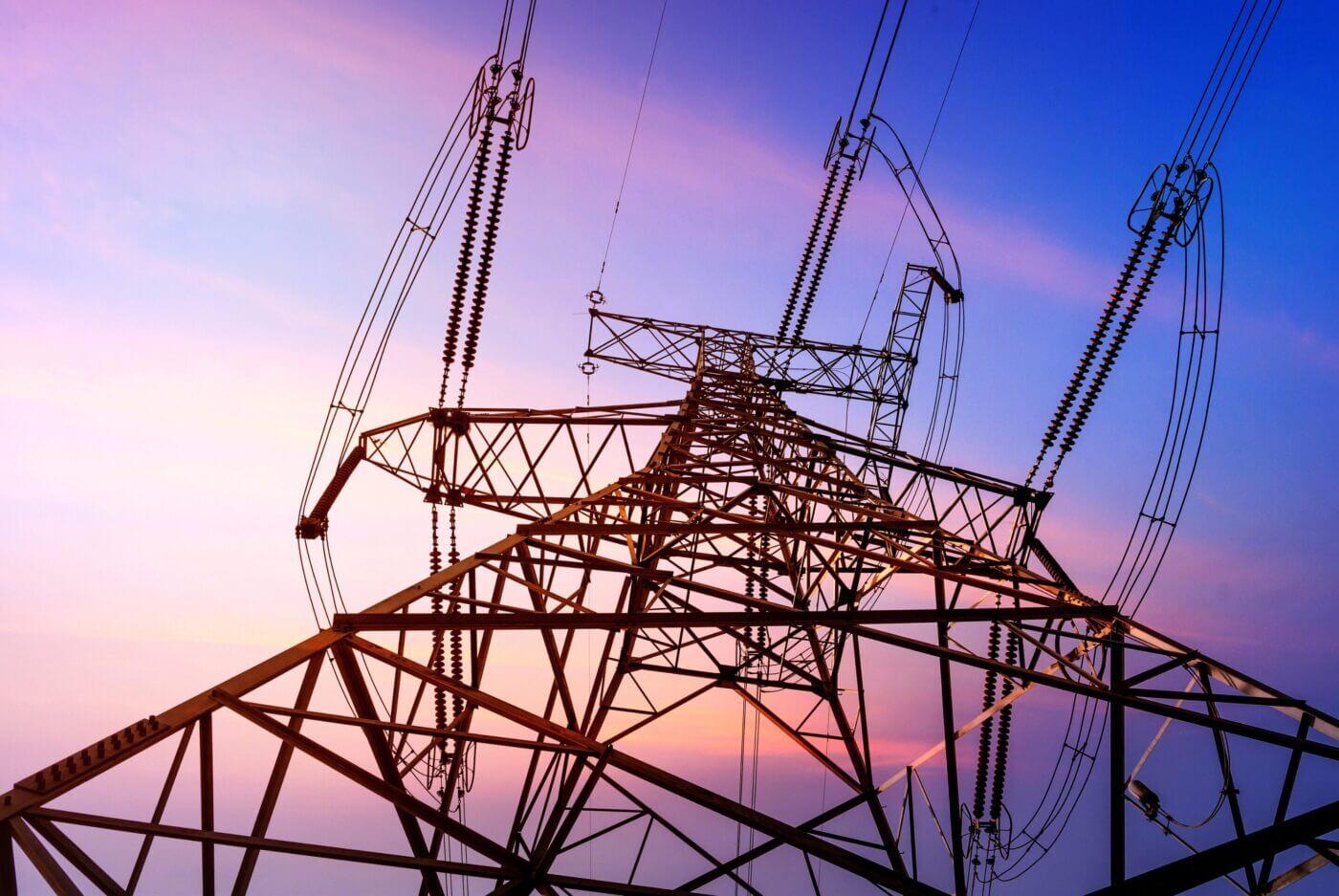
Europe needs a new market model to deliver its clean energy future
As the European Commission begins implementing its Clean Industrial Deal and Action Plan for Affordable Energy, the pressure is mounting to turn ambition into action. These initiatives aim to boost European competitiveness, reduce energy costs, and accelerate decarbonisation. But delivering on those objectives requires confronting major challenges in Europe’s power system – most notably the need to scale clean electricity deployment quickly, affordably, and reliably.
To help inform policymakers, Clean Air Task Force commissioned a new report from Compass Lexecon, which offers a detailed look at how Europe’s electricity market design and planning structures must evolve to meet rising electricity demand, address investment uncertainty, and maintain system reliability as firm generation retires. It also offers timely guidance to help shape the European Commission’s upcoming European Grids Package and the White Paper on deeper electricity market integration.
CATF also hosted a webinar featuring the report authors and expert panelists, including representatives from the Council of European Energy Regulators, Bruegel, and CATF. The discussion focused on practical, near-term opportunities to strengthen Europe’s electricity markets in line with climate and economic goals.
A modernised market and contracting framework is essential to accelerate clean power deployment
At the heart of the report is a call for a shift to hybrid market design – a structure that combines market competition with targeted intervention to close the gap between current investment levels and what is needed to meet Europe’s clean energy targets. Rather than replacing markets, this approach strengthens them by aligning incentives with system needs and policy objectives.
To support this shift, the report outlines several potential complementary reforms:
- Stronger governance frameworks to close the implementation gap: Current planning tools, including National Energy and Climate Plans (NECPs), often lack alignment with EU targets and fall short on detail and timeliness. The report calls for enhanced oversight, clearer accountability, and a greater role for the European Commission in taking remedial action – potentially including direct procurement of missing capacity where national efforts fall short.
- Improved system needs assessments to guide long-term investment: Assessments should be broader in scope, better coordinated across governance levels, and more reflective of emerging challenges such as flexibility needs and climate resilience. The report recommends integrating flexibility and adequacy analyses, extending planning horizons to 2050, and identifying no-regret infrastructure investments early.
- Refined design of public procurement instruments: Two-sided contracts for difference (CfDs) remain a critical tool, but their structure must be improved to avoid undermining price signals or dispatch incentives. Adjustments such as more accurate reference pricing and contract profiles aligned with actual delivery can help preserve market integrity while reducing investor risk.
- Expanded access to voluntary Power Purchase Agreements (PPAs): PPAs can play a much larger role if made more accessible and efficient. Recommendations include standardised contracts, government participation as anchor buyers, improved risk mitigation tools, and the creation of organised marketplaces. Bundling renewables with flexible resources and improving tracking mechanisms would further enhance investment certainty.
- Modernised capacity mechanisms to support reliability and flexibility: Capacity Remuneration Mechanisms (CRMs) should be market-based, technology-neutral, and able to reflect cross-border and flexible contributions. Mechanisms such as reliability options or cap-and-floor contracts can ensure revenue adequacy while maintaining competitive pressure.
- Tripartite contracting models to unlock demand and de-risk supply: A new model involving the state, clean energy producers, and consumers could improve creditworthiness, support hedging, and incentivise electrification and flexibility investment. A central public contracting entity could play a key role in managing long-term supply and demand contracts to strengthen the clean power ecosystem.
A timely opportunity for action
Europe is at a turning point. Without improvements to planning and contracting frameworks, clean energy deployment will continue to lag behind targets, and market volatility will jeopardise industrial decarbonisation and affordability. But with coordinated reform, Europe can chart a path to a resilient, competitive, and zero-carbon power system.




